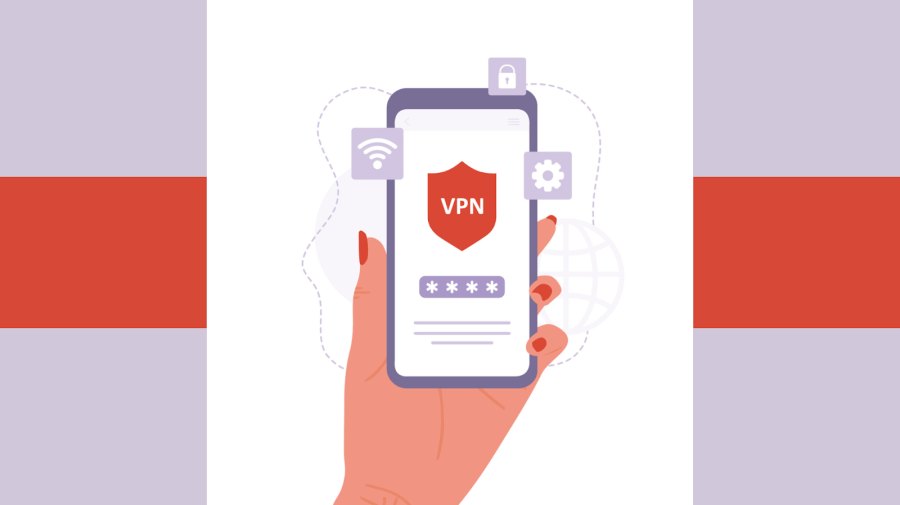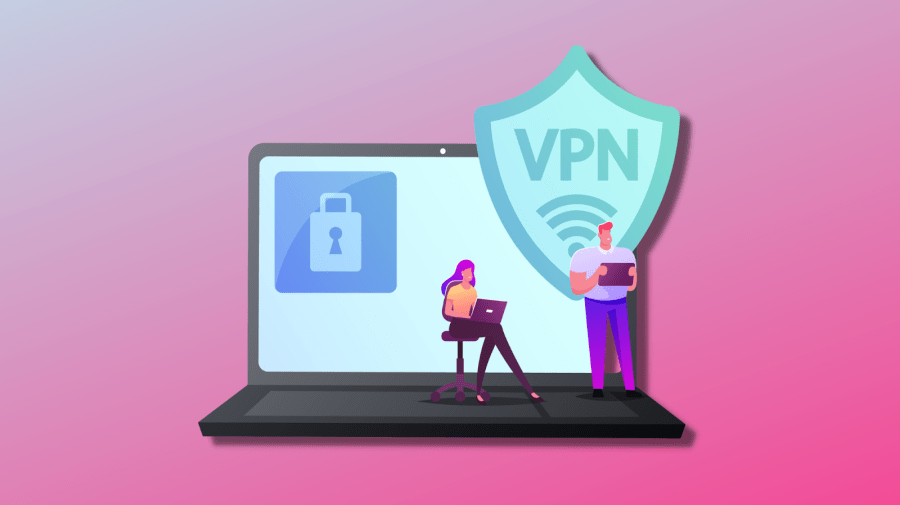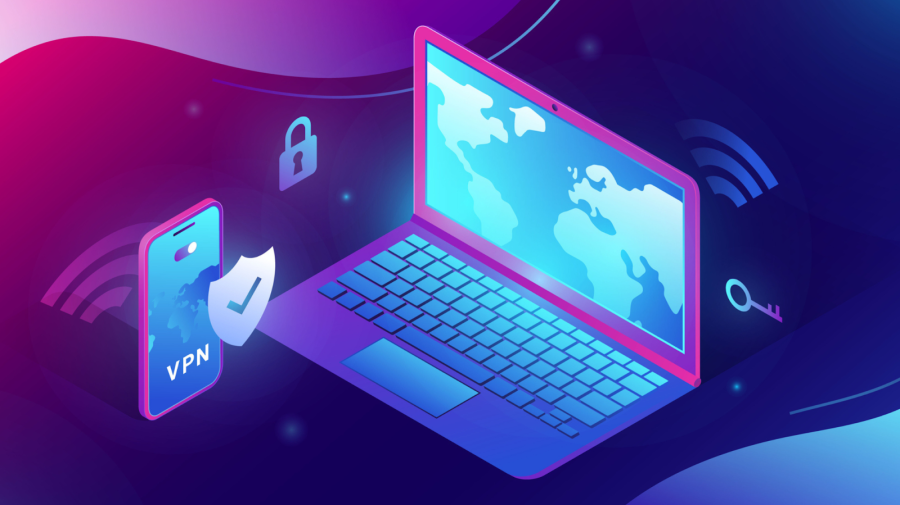
Advertisements for unblocked VPNs are everywhere these days. Your favorite YouTubers may even be trying to get you to use their promo code to buy a VPN. If you’re not tech savvy, you might be wondering what an unblocked VPN — or a VPN, in general — is used for, and we’ve got you covered on that front.
If you are a tech lover, you may assume you don’t need an unblocked VPN because you don’t regularly access sensitive information on your home computer. But an unblocked VPN can be used for so much more — to the dismay of the entertainment industry. So, is an unblocked VPN helpful or harmful. Let’s investigate.
What Are VPNs?
The acronym VPN stands for a virtual private network. These connections allow you to connect to the internet without publicly displaying your IP address — a unique address that identifies a device on the internet or a local network, almost like a virtual thumbprint — or your actual location.
Are VPNs Free?
Sometimes. Although you still have to pay for access to the internet, you can get either a free or paid VPN if a more private, secure browsing experience appeals to you.
What Are Unblocked VPNs?
Unblocked VPNs allow you to conceal your location, or make it appear as though you’re accessing the internet from another part of the world. Your IP address is concealed from the websites you access, and logs of your internet history are either encrypted, never saved, or actively destroyed by the VPN provider.
Most VPNs, especially the ones you pay for, also encrypt all the information you send and receive over the Internet. This means that a hacker can’t read your emails or see the information you entered on a web form.
What Can You Do With an Unblocked VPN?
With an unblocked VPN, you can access the world wide web — which is far more public than the average person realizes — without leaving a virtual trace of your activity. In addition to upping the ante when it comes to safety (think: viruses, cybersecurity, etc.), a VPN hides your activity from hackers and people who want to commit identity theft.
When it comes to free public WiFi connections, security is the biggest issue at hand. However, an unblocked VPN eliminates that risk. Even though the public WiFi connection would usually leave your activity open to tech-savvy people who’re using the same WiFi connection, the end-to-end encryption offered by a VPN protects your activity and identity.
As working from home becomes more commonplace, many businesses insist that their employees connect to the company network using a VPN. VPNs are secure and controlled connections, so using a VPN can prevent the virus on an employee’s computer from infecting the company’s files as a whole. Plus, it adds an extra layer of security to the sensitive data and customer information that an employee working from home sends and receives.

How to Use a VPN
As the name suggests, many people also use VPNs to unblock websites. As you may know, the owner of a website can block people in certain regions from accessing said website. In fact, a website can even block a specific person by banning that person’s IP address. A VPN, however, shows a different IP address, allowing you to, for example, switch up the country your IP address appears to come from at will.
Businesses and schools often block users on their networks from accessing certain websites; governments can do the same. Not that we’re encouraging it, but, theoretically, students can use a VPN to get over the firewall and play games during the school day. But that’s not really the biggest entertainment-related use when it comes to VPNs.
Suppose you live in the U.S. and your favorite K-pop group has just released their latest album. Maybe that album is available for download in South Korea, but won’t be released in the States until a few months later. In theory, you could use an unblocked VPN to make your favorite online music store think you’re in South Korea, thus allowing you to download the album in the moment instead of months later.
These days, it’s pretty common practice for folks to use unblocked VPNs to trick streaming services — major ones like Netflix and Disney+, even — into allowing them to view content not regularly (or yet) available in their region. Think of it this way: if your favorite soccer team’s match is streaming for free in South America, but North American views have to pay to watch it on a streaming service, a VPN could make it appear as though you’re in South America, allowing you to watch the match for free. Again, we’re not endorsing these practices, but they’re certainly prevalent.
The Problem With Using an Unblocked VPN
Large companies within the entertainment industry have been suing VPN providers, claiming that a VPN allows people to download paid content, view content not available in their region, and share paid content with others both for free and at a profit. Due to the top-tier privacy most VPNs provide, users who practice pirating can steal books, movies, video games, music and all other forms of digital entertainment under a virtual cloak of secrecy.
In the handful of lawsuits entertainment companies have issued as a result of VPN usage, another quandary has surfaced. Those entertainment companies have, in some cases, alleged that by advertising such a high level of privacy — and an inability to trace one’s online actions — VPN providers are fostering an environment that makes it easier for cybercrime to go on undetected.
While piracy is certainly not a victimless crime, child abusers, human traffickers, and others who commit far more sinister crimes can also use unblocked VPNs to avoid detection, so the problem in entertainment certainly underscores larger ethical concerns.

Without an unblocked VPN, internet service providers (ISP) take an active role in deterring criminal activity. Some providers warn customers who seem to be engaged in illegal activity. In some cases, contracts even state that the provider will slow internet speeds if a household starts using an amount of internet that’s more in line with illicit acts, such as torrenting copyrighted materials.
Internet service providers that don’t promise anonymity to customers also have a practice of alerting law enforcement of suspicious activity or, at the very least, cooperating with law enforcement when a customer is under investigation. In many serious cases, a suspect’s search history has been used as evidence against them, something that wouldn’t have been possible had the suspect used an unblocked VPN.



Thank you so much your good comment .I hope you"re continue flowing and visit this blog.